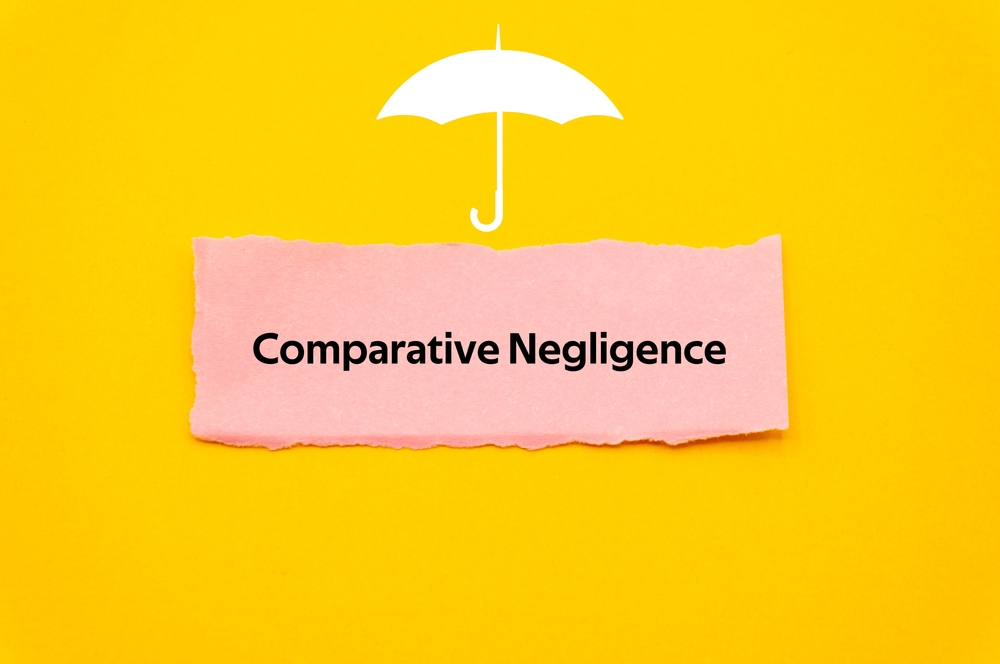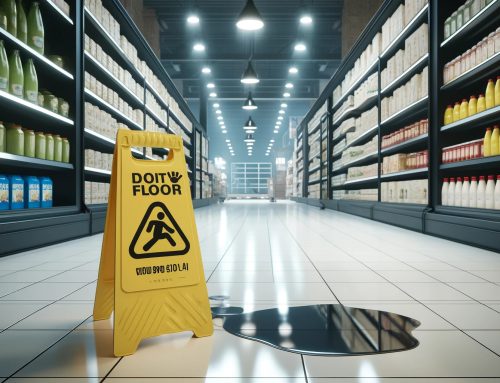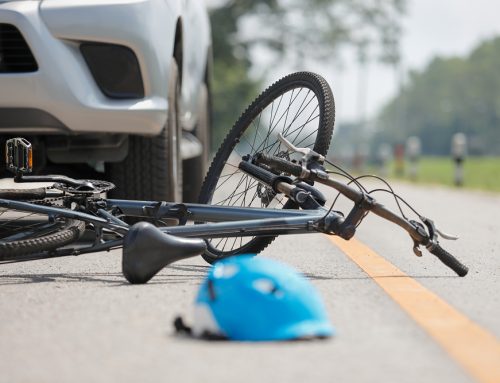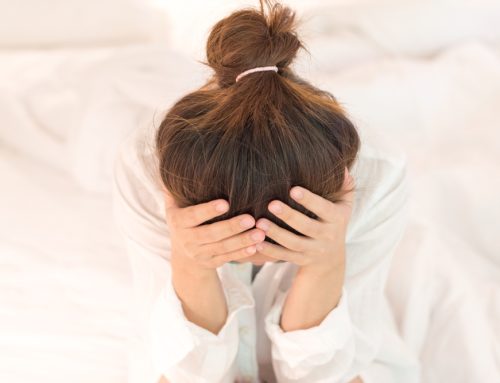The defendant in a premises liability case can try to claim that the plaintiff contributed to the accident in some way. Comparative liability is what this is, and it can lower the amount of compensation the plaintiff is legally entitled to. It’s crucial to realize that the onus of showing comparative fault rests with the defendant.
The defense must present proof that the plaintiff contributed to the accident in some way. This proof, which must prove that the plaintiff’s actions or inactions contributed to the accident and the subsequent injuries, must be by the greater weight of the evidence.
The plaintiff will be entitled to full compensation for their injuries and losses, without any reduction for their own responsibility, if the defendant is unable to establish comparative culpability. To get 0% comparative culpability in a premises liability case, try the following tactics:
- Collect evidence: Collecting evidence can help prove the defendant’s negligence and the plaintiff’s innocence. Examples of evidence include photos, videos, and eyewitness testimony.
- To prove the defendant’s liability for the accident and the plaintiff’s lack of culpability, you should seek expert testimony, such as that of an expert in accident reconstruction or safety.
- Establish the defendant’s negligence and the plaintiff’s lack of fault by demonstrating the defendant’s duty of care, for example by producing proof of the building rules or safety regulations that the defendant disregarded.
- Highlight the plaintiff’s actions: Highlighting the plaintiff’s actions can help to show that the plaintiff is not at fault. One way to do this is by providing proof of the precautions the plaintiff took to avoid the accident.
With years of expertise with premises liability cases, our accident lawyer at Tucker Law will work directly with you to craft the strongest defense for your claim. We will put up unwavering effort to help you achieve zero comparative fault and obtain the payment you are due for your losses and injuries.
The defendant in a premises liability case can try to claim that the plaintiff contributed to the accident in some way. Comparative culpability is what this is, and it can lower the amount of compensation the plaintiff is legally entitled to.
However, it is possible to obtain zero comparative culpability in a premises liability case with the appropriate legal approach. This means that the plaintiff will be able to get paid in full for their losses and injuries, with no reduction for their own negligence. To get 0% comparative culpability in a premises liability case, try the following tactics:
Collect evidence: Collecting evidence can help prove the defendant’s negligence and the plaintiff’s innocence. Examples of evidence include photos, videos, and eyewitness testimony.
To prove the defendant’s liability for the accident and the plaintiff’s lack of culpability, you should seek expert testimony, such as that of an expert in accident reconstruction or safety.
Establish the defendant’s negligence and the plaintiff’s lack of fault by demonstrating the defendant’s duty of care, for example by producing proof of the building rules or safety regulations that the defendant disregarded.
Highlight the plaintiff’s actions: Highlighting the plaintiff’s actions can help to show that the plaintiff is not at fault. One way to do this is by providing proof of the precautions the plaintiff took to avoid the accident.
With years of expertise with premises liability cases, our accident lawyer at Tucker Law will work directly with you to craft the strongest defense for your claim. We will put up unwavering effort to help you achieve zero comparative fault and obtain the payment you are due for your losses and injuries.
Consequently, in a premises liability lawsuit, comparative culpability may lower the amount of damages that the plaintiff is entitled to. However, it is feasible to obtain zero comparative blame and win full compensation for your injuries and losses with the appropriate legal strategy. Call Tucker Law at 1-800-TuckerWins for a free consultation if you have been hurt in a premises liability accident to learn more about your legal options.







